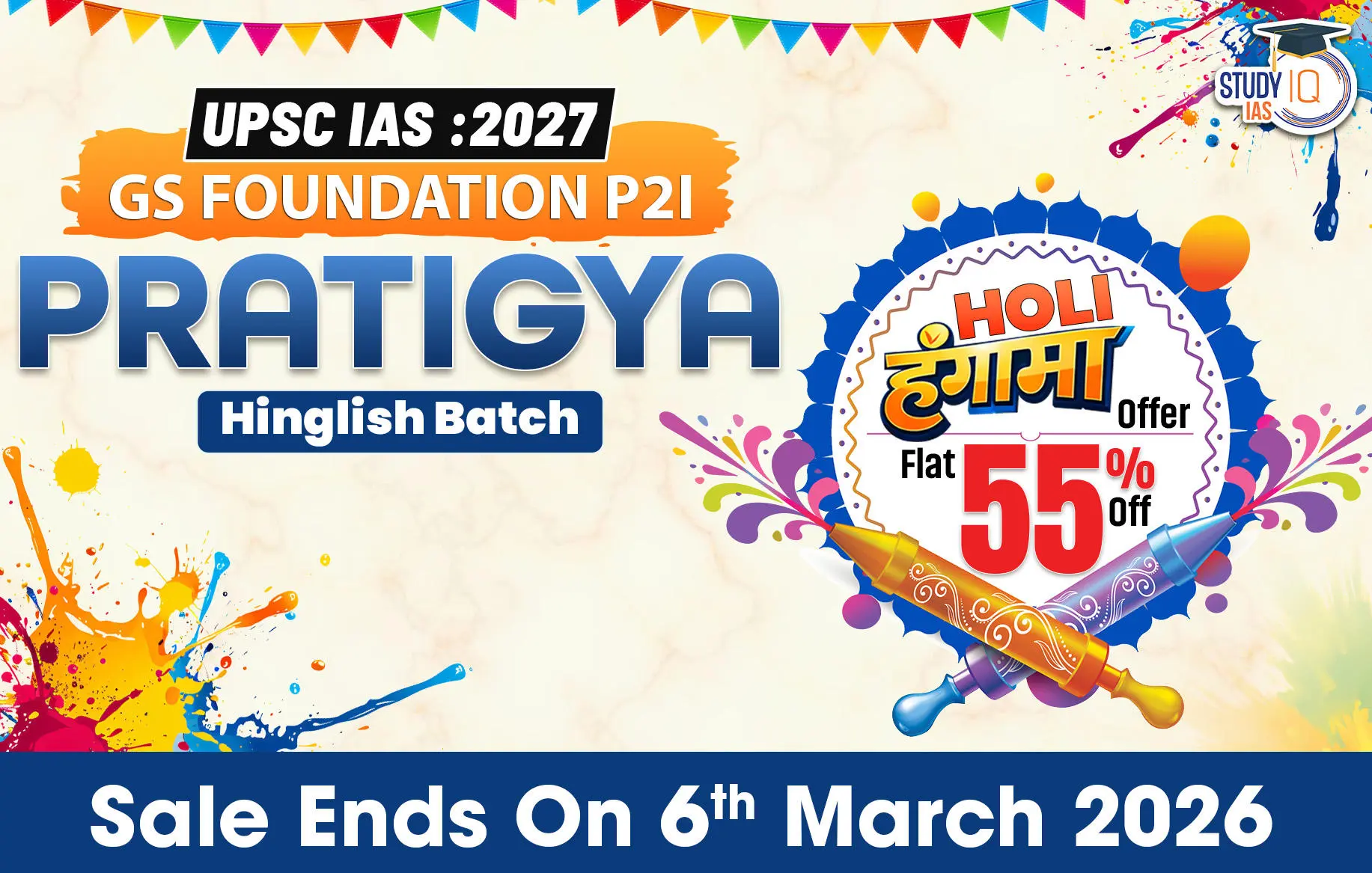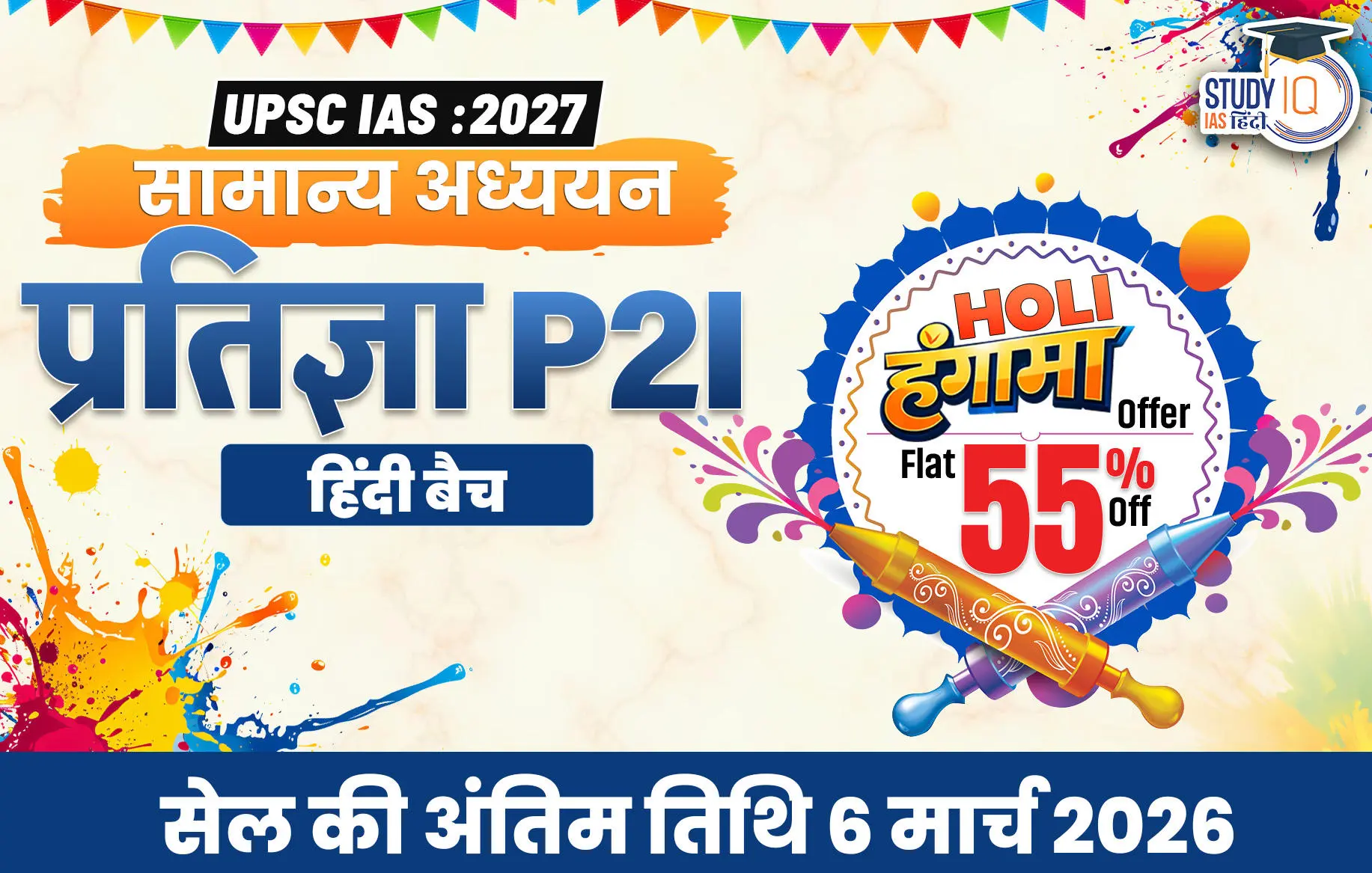Context: Former judges and senior lawyers criticised the Union Home Minister for wrongly claiming that Justice B. Sudershan Reddy’s 2011 Salwa Judum verdict prevented the end of Naxalism by 2020.
Salwa Judum Case (2011)
Background
- In the 2000s, Chhattisgarh became the epicentre of Maoist insurgency.
- To counter it, the state launched Salwa Judum (“peace march” in Gondi) in 2005 as a state-backed vigilante movement.
- Tribal youth (some as young as 18) were recruited as Special Police Officers (SPOs).
- They were given firearms, small honorarium, and deployed as guides, informants, and fighters alongside security forces.
The Petition (2007)
- Filed by Nandini Sundar (sociologist), Ramachandra Guha (historian), and others.
- Grounds of challenge:
- Violation of Article 14 (equality before law) and Article 21 (right to life with dignity).
- Human rights abuses – forced displacement, atrocities against tribals.
- Blurring civilian–combatant lines, escalating conflict.
- Exploitation of tribal youth without proper training/protection.
Defence of the State and Union
- Claimed SPO recruitment was voluntary, often from victims of Maoist violence.
- Youth had local knowledge, making them effective in counterinsurgency.
- The scheme provided livelihoods in remote areas.
- SPOs helped protect camps and resist Maoist attacks.
Supreme Court Judgment (2011)
- Delivered by a Bench led by Justice B. Sudershan Reddy.
- Key findings:
- Deploying ill-trained tribal youth in armed conflict was discriminatory (violated Article 14).
- Exposing them to extreme risk without safeguards violated Article 21.
- Arming civilians blurred the line between combatants and non-combatants, worsening violence.
Court Directions
- Immediate disbanding of Salwa Judum.
- SPOs barred from counterinsurgency roles.
- Only properly trained police and paramilitary forces should conduct anti-Maoist operations.

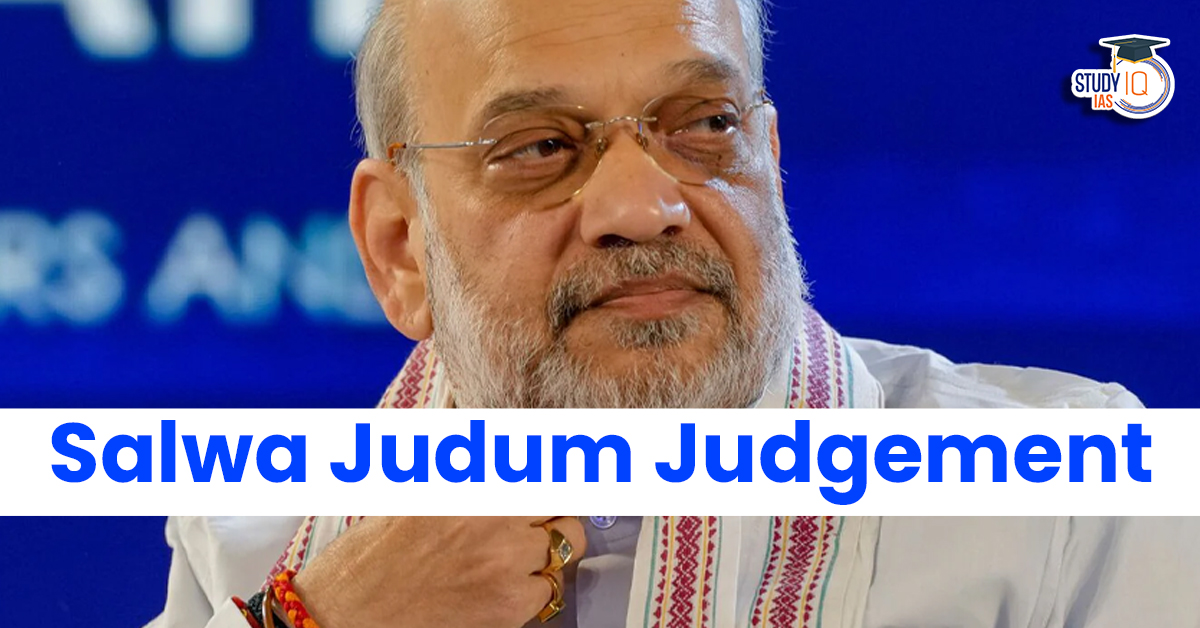
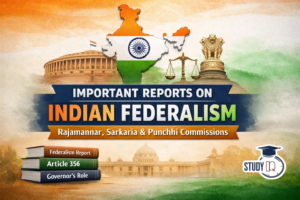 Important Reports on Indian Federalism: ...
Important Reports on Indian Federalism: ...
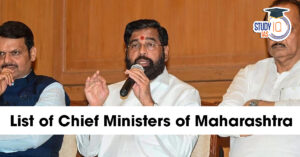 List of Chief Ministers of Maharashtra F...
List of Chief Ministers of Maharashtra F...
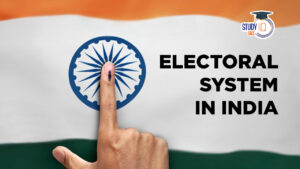 Electoral System in India 2026: SIR Upda...
Electoral System in India 2026: SIR Upda...
